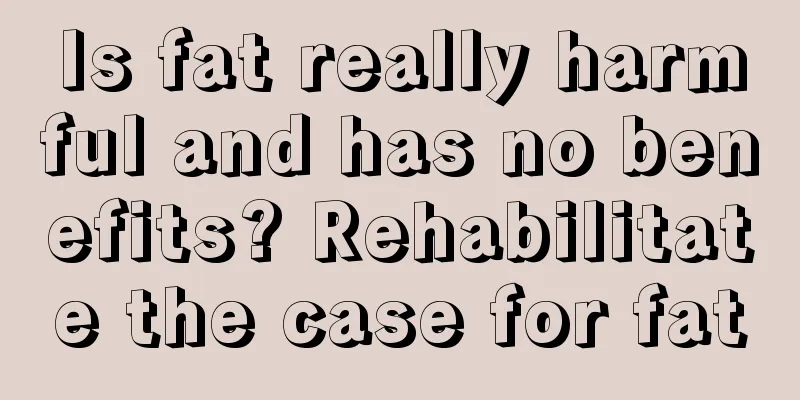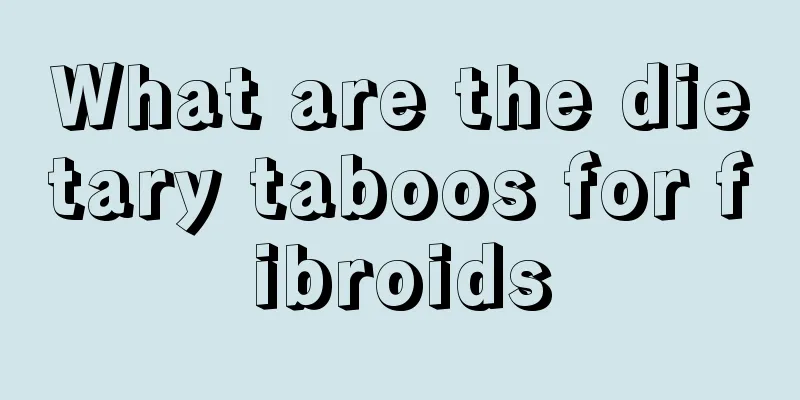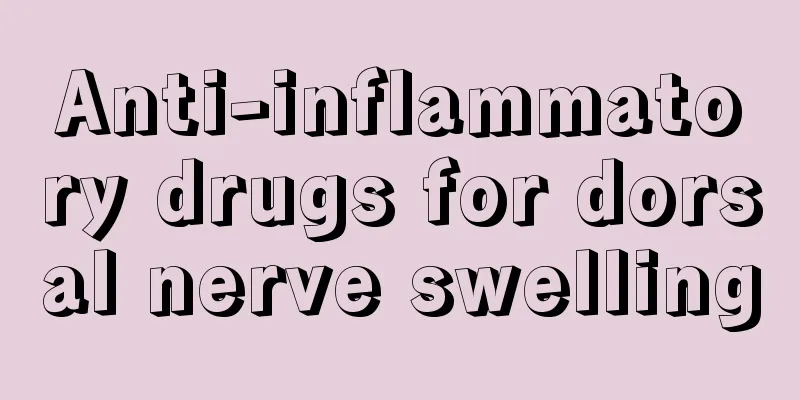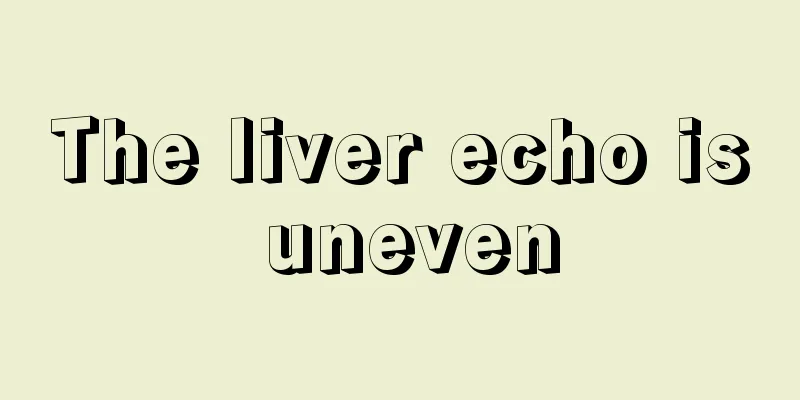Is fat really harmful and has no benefits? Rehabilitate the case for fat

|
When it comes to fat, many people who love beauty will definitely try to avoid it. But what we may not know is that fat can be divided into beneficial fat and harmful fat. Beneficial fat is not only necessary for our human health, but also plays a vital role in anti-aging. This view is incorrect. Fat, as one of the six essential nutrients for the human body, plays an indispensable role in the health of our body. Good fats slow down the digestion of carbohydrates as they enter the system, which helps the body maintain low insulin levels, which is the culprit for type 2 diabetes and a variety of other diseases. Fat is the raw material for making eicosanoids, hormones necessary for the body's anti-aging efforts. At the same time, fat can facilitate the transport of oxygen, the absorption of calcium and fat-soluble vitamins, and the hormones vitamins A, D, E, and K are necessary to maintain radiant, youthful skin, shiny hair and nails. Fat can also help cells fight foreign viruses and maximize the body's detoxification function. Of course, fat can also make our food more delicious. 2. You mentioned the issue of “delicious”. China is a country with a large food culture, and "stir-frying" is also a major feature of Chinese cuisine. So, what kind of oil should we use for stir-frying? First, we should learn how to identify fat. We may often hear people talking about saturated fat and unsaturated fat, which is a classification based on the molecular structure of fat. As for how to distinguish, we can judge by our eyes: fats that are solid at room temperature are saturated fats, while fats that are liquid at room temperature are called unsaturated fats. For many years, saturated fat, that is, animal fat and dairy products, has often been accused of being "bad fat", but people do not realize that the harm of trans fat is actually greater than saturated fat. There are actually two types of unsaturated fats. Sorry, we have to talk about some professional terms here. One is cis in molecular structure and the other is trans. Because trans fats are more stable than cis fats, they spoil and deteriorate more slowly, so many food processors prefer to use trans fats. But unfortunately, trans fats are very harmful to human health. Trans fats are also called trans fats, bad fats, or damaged fats. From this perspective, whether this type of fat is good for health has nothing to do with whether it is saturated fat, but it has a lot to do with whether the fat is damaged. Generally speaking, cold-pressed and pure-pressed vegetable oils are ideal, such as olive oil and sesame oil, while canola oil is more able to withstand high temperatures without changing its nature. 3. Is there anything that needs to be paid attention to when using the oil? Do not reuse oil or eat food that has been cooked in oil and left out for too long. Because oxidation damages fat, fat oxidation occurs when fat is exposed to oxygen in the air. This damage can occur with or without heating, and heating can speed up the process. Oxidized and rancid fats are very harmful to the cardiovascular system. 4. Nowadays, many girls who love beauty eat fat-free foods. Is this harmful to the body? Fake fat is also a type of damaged fat. This compound was developed for people who are on a low-fat or no-fat diet, allowing them to enjoy the texture and taste of fat without the cholesterol and added calories. But the problem is, since you're not eating real fat, your body is lacking in essential fatty acids. At this time, your cholesterol will (excessively) drop, and cholesterol is the raw material of many sex hormones, such as estrogen, androgen, and progesterone, and the production of sex hormones will be blocked at that time. Your insulin levels will be too high. Fake fats will also interfere with your body's absorption of fat-soluble fats A, D, E and K, so eating fake fats is harmful rather than beneficial. 5. How can you avoid "bad" or "trans fats" when buying food outside? Don't be fooled by labels claiming a food is cholesterol-free - a food can be high in trans fat and still have no cholesterol. In restaurants, foods cooked with "vegetable oils" are not necessarily trans-fat-free because the oils may be heavily hydrogenated. Some finished products extracted from food may be harmful to the body. For example, corn oil, which is rich in corn, is not bad in itself. However, during the refining process, that is, frying the corn oil from the corn and putting it into the bottle, high temperature is required. Under high temperature, the molecular structure of corn needs to be artificially reassembled into polyunsaturated corn oil, which becomes a trans fat that is harmful to the body. Do not buy or eat foods that have packaging labeled as containing "partially oxidized" or oxidized fats, which means (the food may contain trans fats). Trans fats are abundant in many cooking oils, margarine, and commercial baked goods such as packaged breads and crackers. To protect all fatty acids and cholesterol from oxidation, do not expose them to sunlight and air, but put them in sealed, opaque containers and store them in the refrigerator. Avoid eating fried foods in fast food restaurants. The oils are used repeatedly every day, and these fried foods are the most typical foods containing oxidized fats that go bad at high temperatures. 6. What are the ultimate health hazards of excessive consumption of these "bad" fats? Excessive intake of "bad" fats has been linked to the development of both heart disease and breast cancer. Calories from trans fat not only lower good cholesterol, but also raise bad cholesterol. There are also studies showing that trans fat increases the amount of triglycerides and substances called lipoproteins in the blood, and high levels of triglycerides and lipoproteins are associated with the development of heart disease. Other studies have shown that women who consume high levels of trans fat have a 3.5 times increased risk of breast cancer compared to women who consume less trans fat. |
<<: How many eggs a day is the most nutritious?
>>: Why can’t I lose weight even though I eat less?
Recommend
Self-care for gastric cancer patients
Gastric cancer is a disease that not only harms t...
How is small cell lung cancer treated? Usually chemotherapy
The treatment for small cell lung cancer is gener...
What kind of tampons are easy to use
Everyone has their own experience in choosing san...
Is nasopharyngitis nasopharyngeal cancer?
Nasopharyngitis is not nasopharyngeal carcinoma, ...
Can facial skin cancer be cured?
Cancer is a disease that makes people shudder. Wi...
What to eat for heart valve disease
Heart disease is a disease we often hear about. O...
Will not sleeping for one night affect the exam?
A night of sleep deprivation will generally affec...
Which groups of people are prone to laryngeal cancer
In recent years, laryngeal cancer has become one ...
Two major principles of TCM treatment of esophageal cancer
I am a 71-year-old male esophageal cancer patient...
Why are eyes yellow in late stage liver cancer? Is it a complication?
Patients with advanced liver cancer will have com...
What is ovarian cancer? 3 ways to prevent ovarian cancer
Many women are very unfamiliar with ovarian cance...
Are chemical fiber fabrics harmful to the human body?
In fact, in our country there are many people who...
Can beer shampooing treat hair loss?
Beer is a popular drink, and different brands of ...
The prevention method of carbon monoxide poisoning is like this
Carbon monoxide poisoning is a common accident in...
Can patients with hyperthyroidism eat red dates?
Patients with hyperthyroidism should pay attentio...









